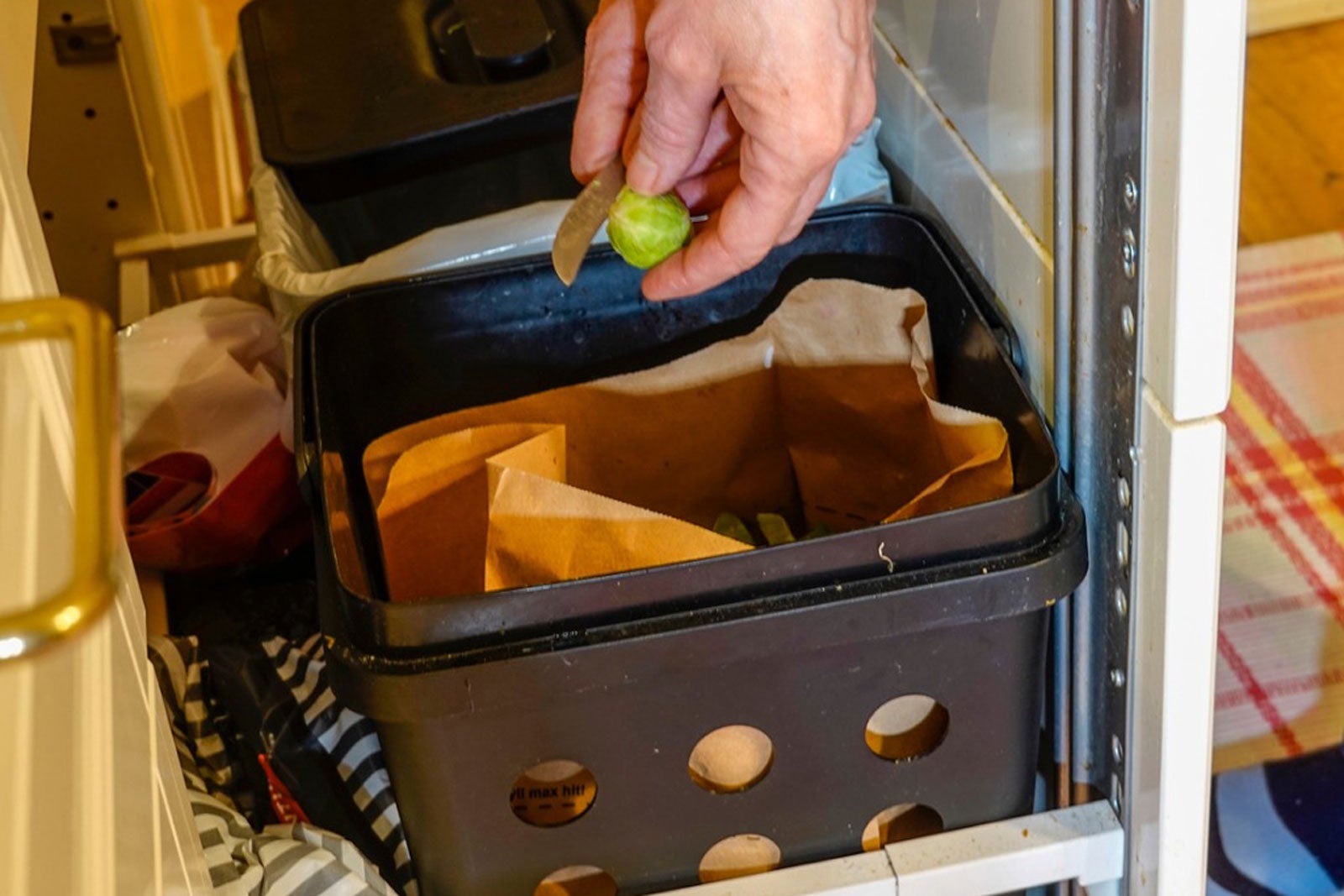Urban Composting, Small Space Methods

Small Space Composting Methods for Urban Homes
Composting in the city? You bet! Urban composting is not just a trend; it's a powerful way to reduce waste and give back to the earth. Let's dive into the world of small space composting methods for urban homes and transform your organic waste into a gardener's gold.
Why Compost in the City?
Composting is nature's recycling system. It turns organic waste into nutrient-rich soil, reducing landfill waste and enhancing your urban gardening experience. Plus, it's a step towards eco-friendly living.
Getting Started: The Basics
Composting is simple: combine greens (nitrogen-rich materials like food scraps) and browns (carbon-rich materials like dried leaves). Keep it moist, turn it occasionally, and voilà! You've got compost.
Greens + Browns = Compost
Think of greens as the 'wet' ingredients (fruit and veggie scraps, coffee grounds) and browns as the 'dry' ones (paper, dried leaves). The key is balancing these two.
Small Space Composting Methods
Indoor Composting
No yard? No problem. Indoor composting is a thing, and it's easier than you think.
Vermicomposting
Meet your new pets: red wiggler worms. They'll munch on your kitchen scraps and turn them into compost. Keep them in a bin under the sink or in a closet. Just remember, they're vegetarians – no meat or dairy.
Bokashi Composting
This Japanese method uses a special mix of microorganisms to ferment organic waste, including meat and dairy. It's done in an airtight bin, so no smells or pests.
Balcony Composting
Have a balcony? There are compact compost bins designed just for you.
Tumbler Composters
These bins are enclosed and can be rotated, making it easy to mix your compost. They're also rodent-proof – a big plus in the city.
Stackable Composters
These bins have a small footprint and can be stacked vertically to save space. Plus, they make it easy to access finished compost at the bottom.
DIY Compost Bins
Feeling crafty? Here are a couple of DIY ideas.
Plastic Bin Composter
Drill some holes in a plastic storage bin for aeration, toss in your greens and browns, and you're good to go.
Wire Mesh Composter
Shape some wire mesh into a cylinder, secure it with zip ties, and you've got a simple, breathable composter.
Tips for Urban Composting
- Keep it small: Urban composting is all about scale. Start with a small bin and expand as you gain confidence.
- Maintain balance: Remember the greens to browns ratio. Too much of one can lead to smells or slow decomposition.
- Monitor moisture: Your compost should be as moist as a wrung-out sponge. Too wet? Add more browns. Too dry? Add water.
- Turn it: Occasionally mixing your compost adds oxygen, speeding up the process.
What About the Smell?
A well-maintained compost bin shouldn't smell bad. If it does, it's a sign something's off. Usually, adding more browns or turning the compost will solve the problem.
Using Your Compost
Your compost is ready when it looks like dark, crumbly soil. Use it to enrich your urban gardening soil, make potting mix, or brew compost tea for a liquid fertilizer.
Composting Resources
Want to learn more? The EPA's guide on composting at home is a great resource.
Conclusion
Small space composting methods for urban homes make it easy to turn organic waste into a valuable resource. Whether you're into indoor composting or have space for a compost bin on your balcony, there's a method that fits your lifestyle. So, what are you waiting for? Start composting today!
FAQs
Q: Can I compost in my apartment? A: Yes! Methods like vermicomposting and Bokashi are perfect for apartments.
Q: What can I compost? A: Fruit and veggie scraps, coffee grounds, eggshells, paper, and yard waste are all compostable. Avoid meat, dairy, and diseased plants.
Q: How long does it take to make compost? A: It depends on the method, but generally, it takes 2-6 months.
Q: Does composting attract pests? A: A well-maintained bin shouldn't attract pests. If it does, add more browns and turn the compost.
Q: Can I add weeds to my compost? A: It's best to avoid weeds, as some can survive the composting process and end up in your garden.
0 Response to " Urban Composting, Small Space Methods"
Post a Comment